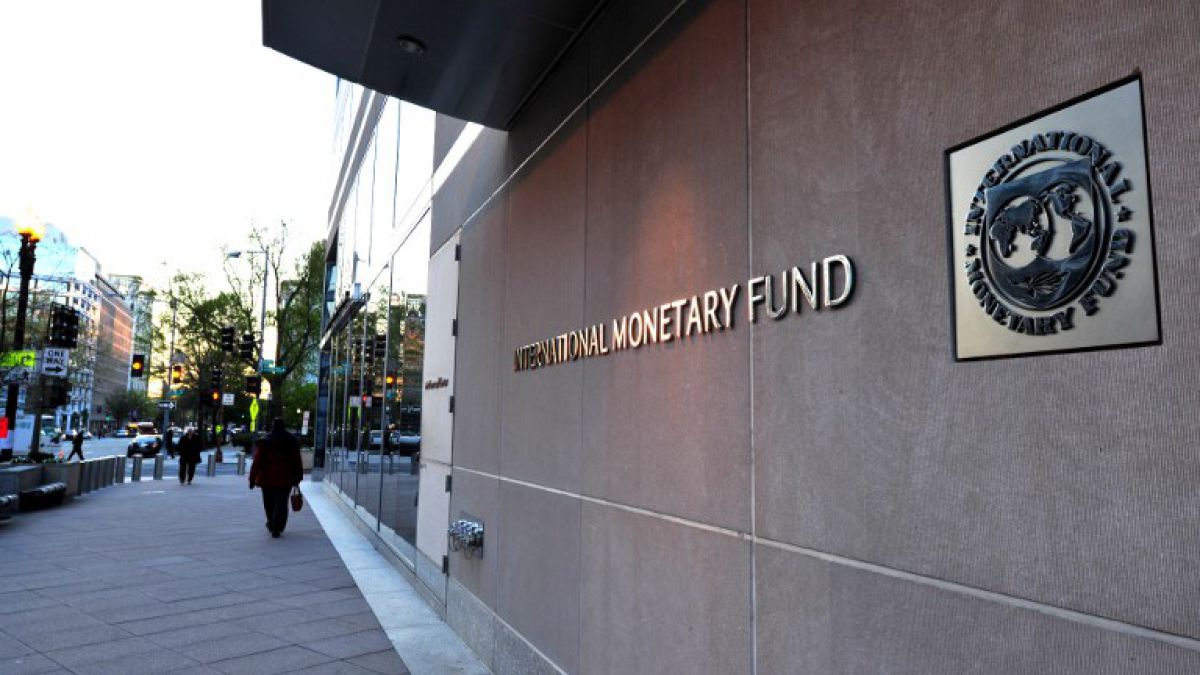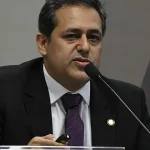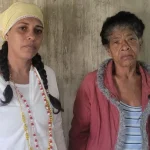The two reports with which the Technical Mission and the Board of Directors of the International Monetary Fund (IMF) praise the Government of Daniel Ortega and Rosario Murillo, for the leadership of the Nicaraguan economy, respond to an economist vision of reality, in which that is not taken into account the deterioration of human rights nor the lack of democratic governance, say three experts consulted by CONFIDENTIAL.
On November 16, 2022, it was published the Report of the Technical Mission of the Fundwho spent seven days in Managua to make the evaluations mandated by Article IV, in which he praised efforts to “sustain growth in the medium term by investing in infrastructure, reducing energy costs and improving human capital… and the business climate” recommending reforms to increase formal employment, which would help curb migration and strengthen social security accounts”.
Two and a half months later, the Board of Directors of the International Monetary Fund (IMF), resumed the Report of its Technical Mission, and edited itmaintaining the laudatory tone of the first, which earned it criticism from sectors that point out that much of what is contained in both texts does not correspond to reality.
Although there are opinions that indicate that the Board of Directors of the IMF tried to “soften” the praise for Ortega, due to the criticisms and questions that were raised in reaction to the Report of his Technical Mission, a Latin American economist who agreed to express his opinion from anonymity , stated that “the key is to compare them to detect the ‘niceties’ of the document”.
One of the differences is the mention of non-profit organizationswhich were not in the opinion of the technicians, but were in that of the Board of Directors, which now serves as an excuse for the government continues to close down NGOs. “Why does the Board of Directors include it, if the technicians did not have it?” asks this expert.
At the same time, he points out that the ‘sin’ of the economists of that international financial entity is that they “trust the statistics provided by both the Ministry of Finance and Public Credit, as well as the Central Bank of Nicaragua, and do not confront them.” .
“In the Report of the technicians we see very superficial indications of the institutional crisis of 2018, which generated loss of GDP and instability, but it is almost as if that had been a climate crisis, something circumstantial, and they do not delve into either of the two documents, how the crisis affects Nicaraguan institutions,” he remarks.
It adds that “when the Fund analyzes economic aspects of Nicaragua, and talks about the capitalization of the banks, or having sustained the value of the córdoba, it does not rescue the issue of democratic institutions, the separation of powers, the non-existence of an independent judicial body to elucidate economic conflicts, etc.
Is there a fight against corruption in Nicaragua?
In the opinion ofthe member of the Political Council of the Blue and White National Unity (UNAB), Héctor Mairena, “so much the report of the Mission that visited the countryas that of the Directorygive a positive image of the economy in Nicaragua, which does not correspond to what Nicaraguans live daily”.
In their Report, the directors of the IMF “praised the authorities’ commitment to continue adopting prudent policies to strengthen the room for maneuver for economic growth”, although they “insisted on the need to redouble efforts to improve” the business climate, the transparency and governance framework”.
“They say they salute the anti-corruption efforts. What efforts? We all know that in Nicaragua there is secrecy, secrecy, and a lack of access to public information,” Mairena stressed.
“They did talk about corruption, but it’s almost poetic how they touch on it, saying that ‘we see progress’, but then they mention everything they haven’t done. It’s cynical,” said a lawyer exiled in Costa Rica, who also requested anonymity.
“It is an economic vision, which is based only on the numbers that the country presents to them”, where we see that “neither construction nor livestock have grown, and both require a lot of labor. What is growing is consumption, due to remittances,” said the exiled lawyer.
He adds that, looking only at the numbers, it can be said that the country has grown, “but if you see it as economic development, you see that this growth has little support in the long term, and that there is a large inflow of foreign currency from greater exports and remittances, but also a high outflow of foreign currency due to the growth of imports, and the IMF does not delve into that, nor about governance”.
The long-awaited endorsement of the Fund
In the end, in addition to limiting itself to fulfilling its job of offering results based more than anything on what the numbers say, the Fund’s work does have a practical result, both for the benefit of the regime, and in order to protect itself among international financial institutions. , being that, in the medium term, affecting Nicaragua could affect the Central American Bank for Economic Integration (CABEI).
Although it seems that the employees of the Fund have full freedom to make a more rigorous analysis of the situation in Nicaragua -or any other country they visit- in reality, they are limited, not so much by some theoretical diplomatic or rhetorical reprisals that Ortega could implement in against them, but rather because of the ‘noise’, which they might generate.
The International Monetary Fund does have something to lose, because if Nicaragua’s rating falls, your main provider of funds -CABEI- would be greatly affected, “and the Fund tries to prevent this type of panic,” said the exiled economist.
“The Fund is not a financier: it is a validator. [El ministro de Hacienda y Crédito Público, Iván] Acosta can use this Report before lenders”, to reinforce the thesis of a stable and growing Nicaragua, and on the rebound “it gives Dante Mossi the opportunity to say that everything is fine in Nicaragua, and to continue with his plan”, which includes achieving the Bank’s capitalization in mid- year and guarantee his re-election in Novembersaid the foreigner.
In his opinion, “the ‘invoice’ has not been passed to the Fund for its laxity with Nicaragua”, which should include congratulating the Government for the publication of external audit reports on the use of all Covid-19 funds. , without such reports being in the public domainor that recommend the implementation of the Law on Access to Public Information and the application of rules that protect whistleblowers, without establishing a roadmap.
“Doesn’t the Fund know that Nicaragua is perceived as one of the most corrupt countries in Latin Americaand that its Judiciary is kidnapped?”, he questioned.
Mairena, for her part, insists that the IMF congratulates the authorities for the use of funds earmarked for Covid-19, “when we all know that the dictatorship mishandled, irresponsibly, the pandemic; that these funds were not managed transparently, and rather were diverted to other purposes”.
Based on recent survey resultsalso questioned that in a country that is doing as well as the IMF experts say, there is such a high percentage of population that is emigrating; that 57% of the population say that the family economic situation is worse than a year ago, or that 62% think that the country’s economic situation is worse.


















